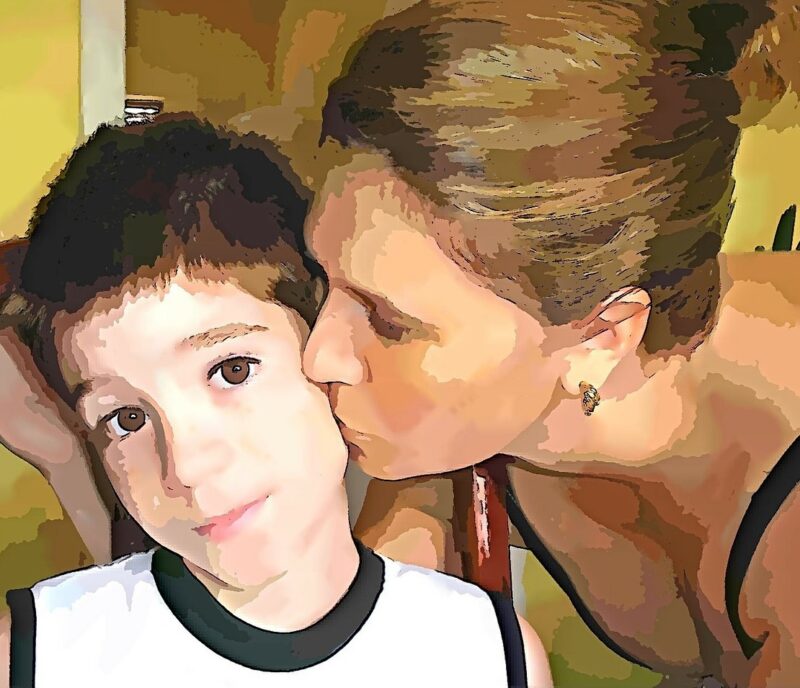
Help Your Children Cope with Traumatic Events
News about catastrophic events, natural disasters, crime reports, and terrorist threats can have a profound emotional impact on children. Younger children, especially, are vulnerable in the wake of traumatic events and may experience stress, anxiety and increased fearfulness long after Read more >>











